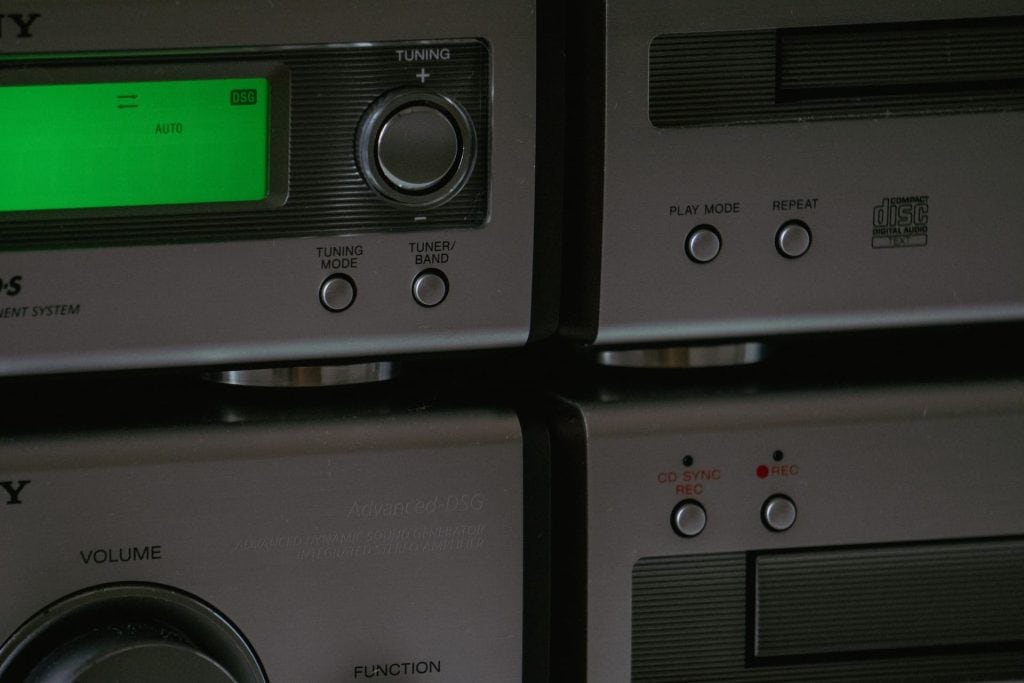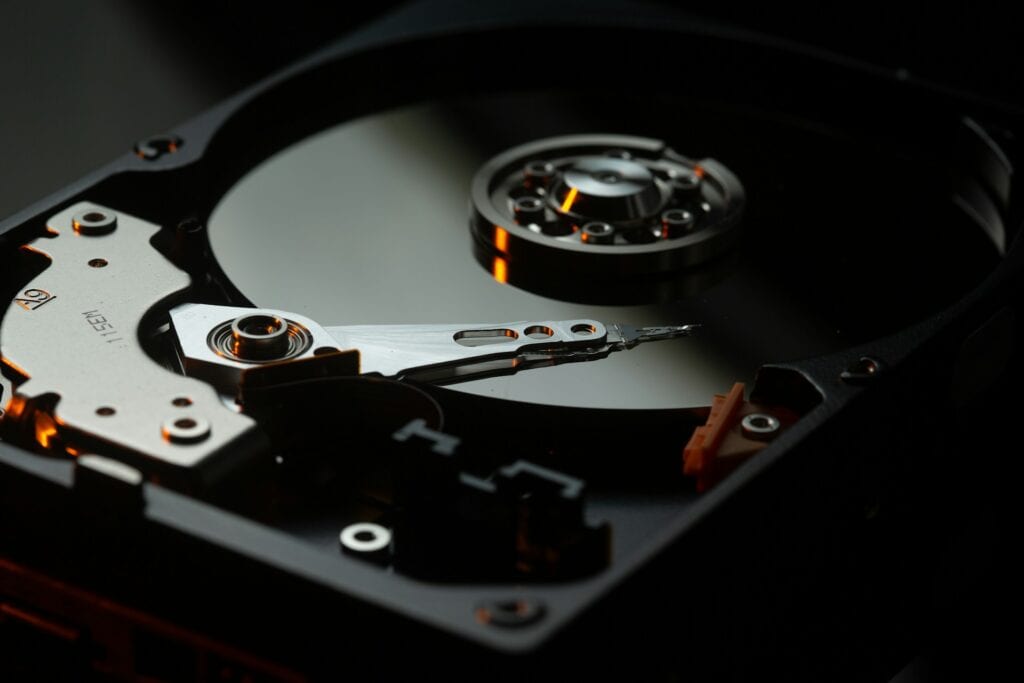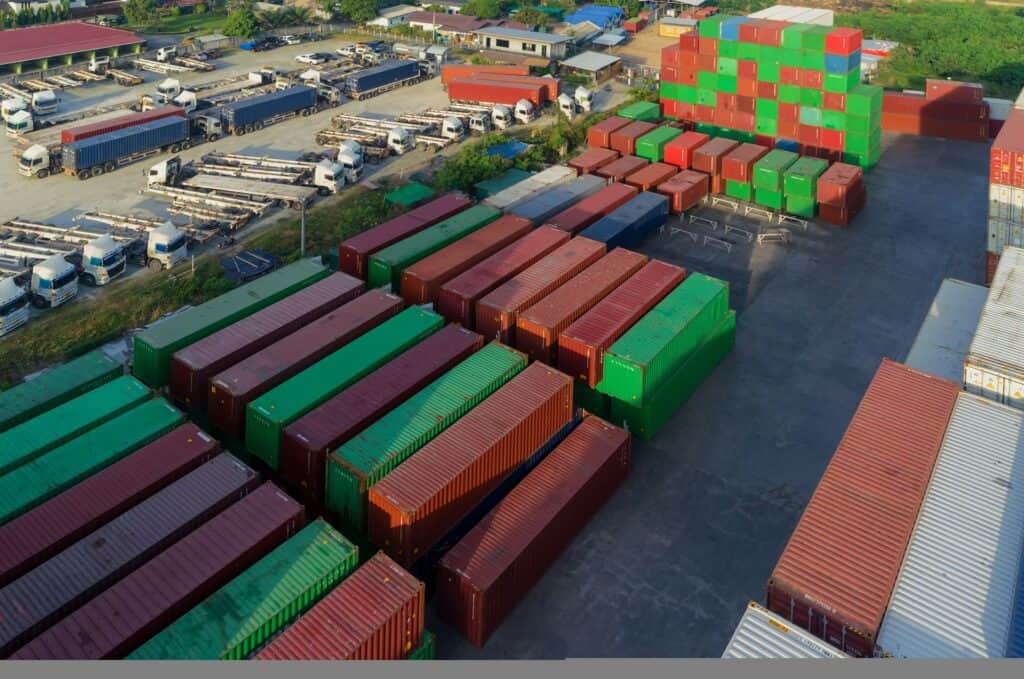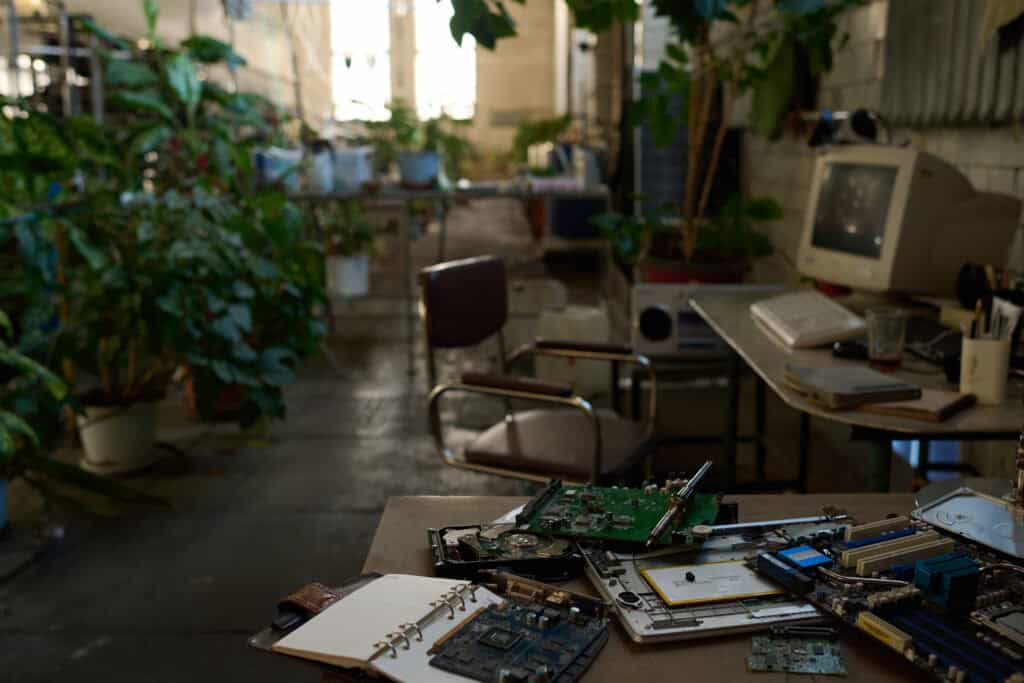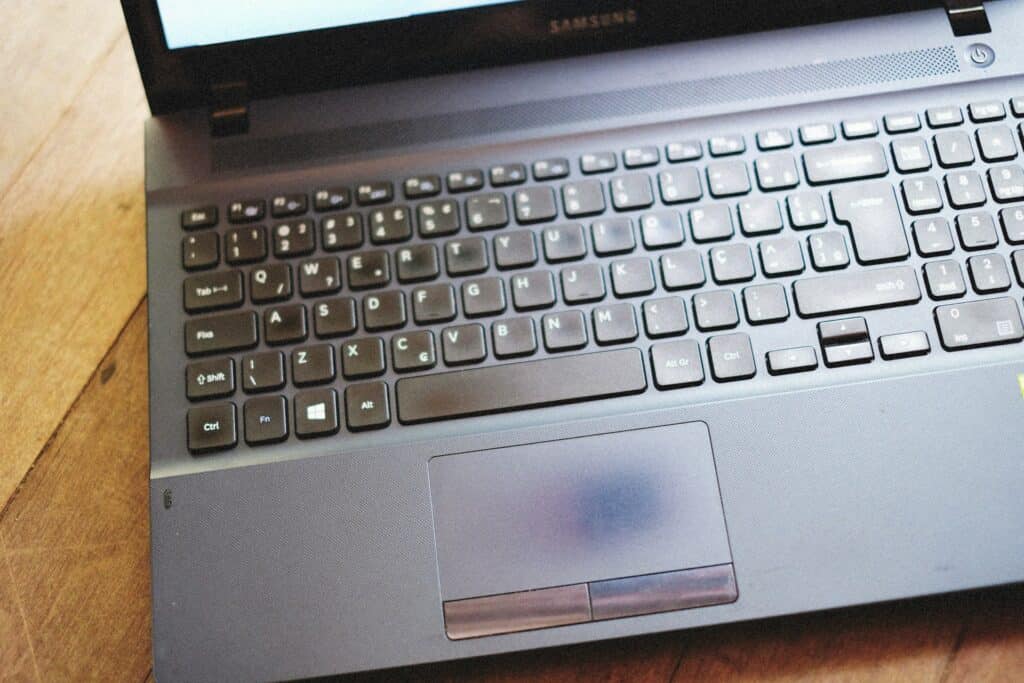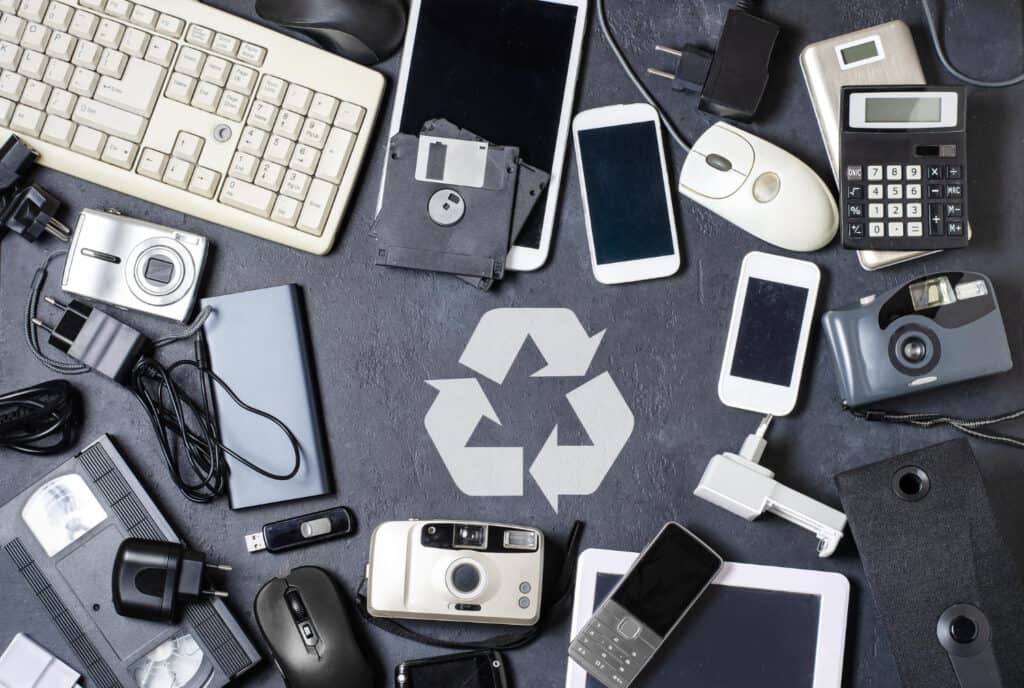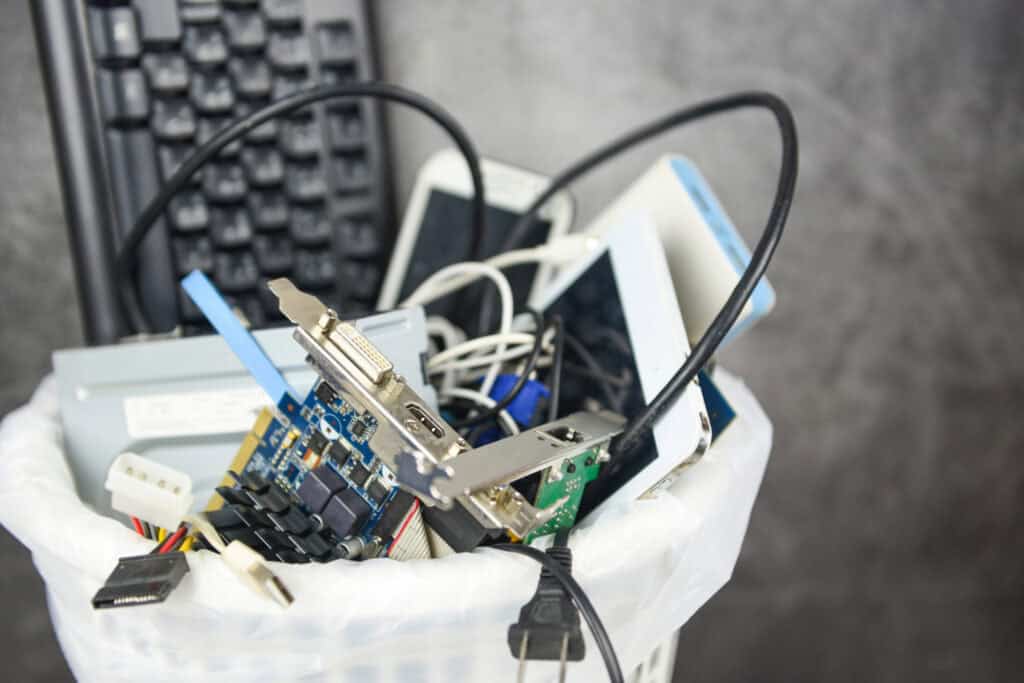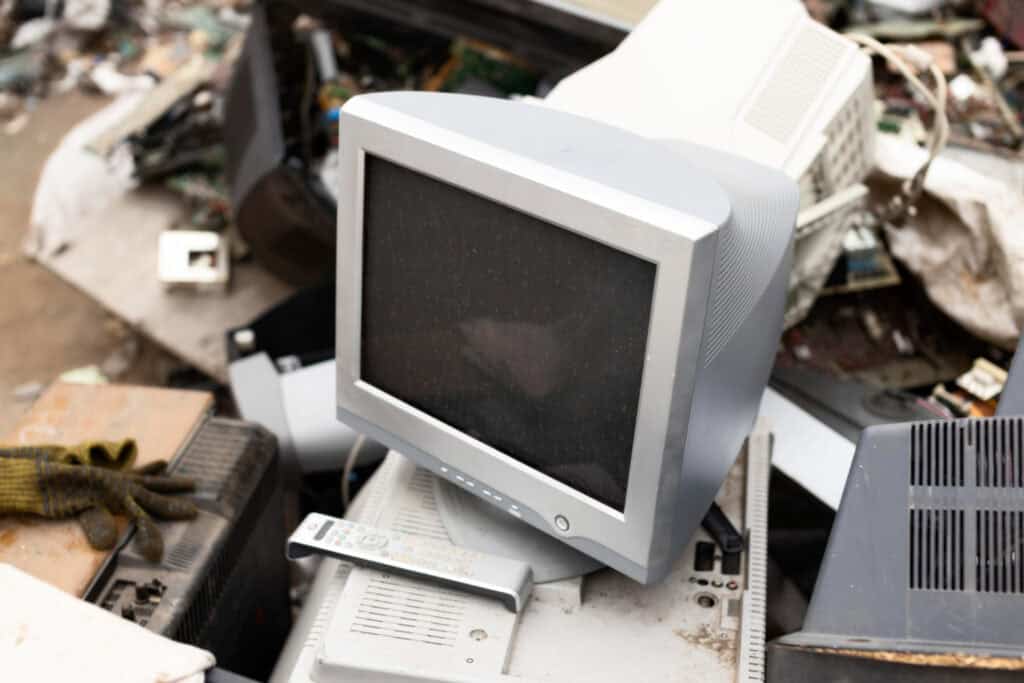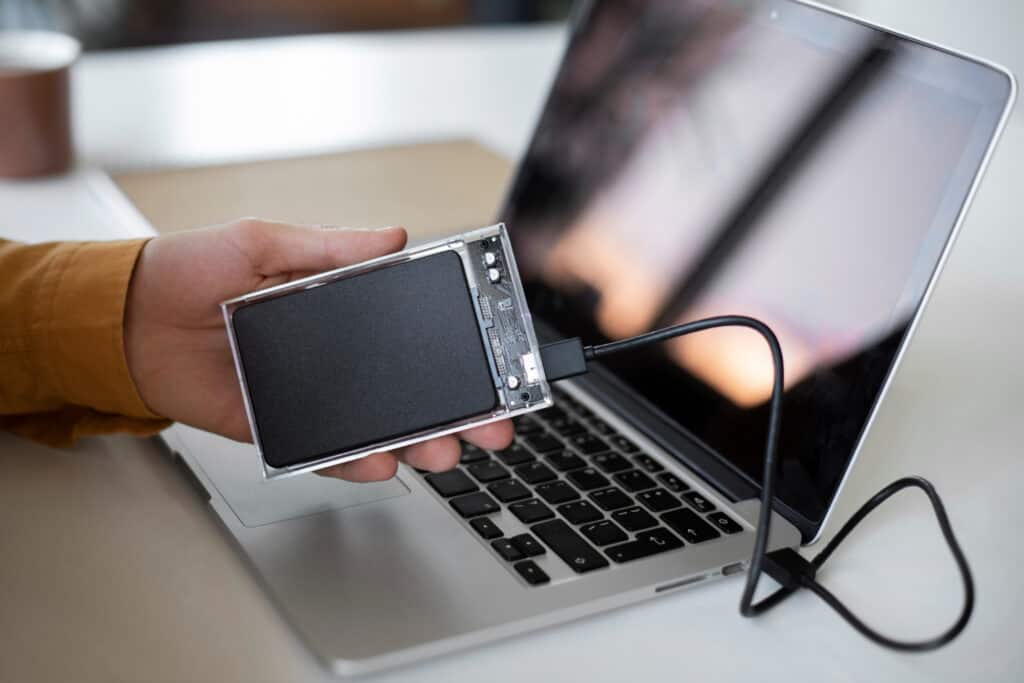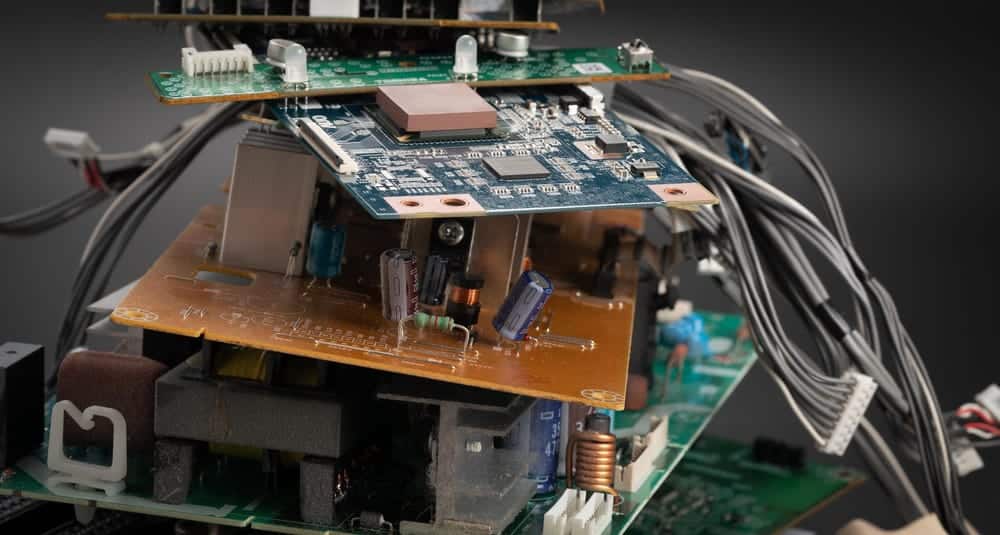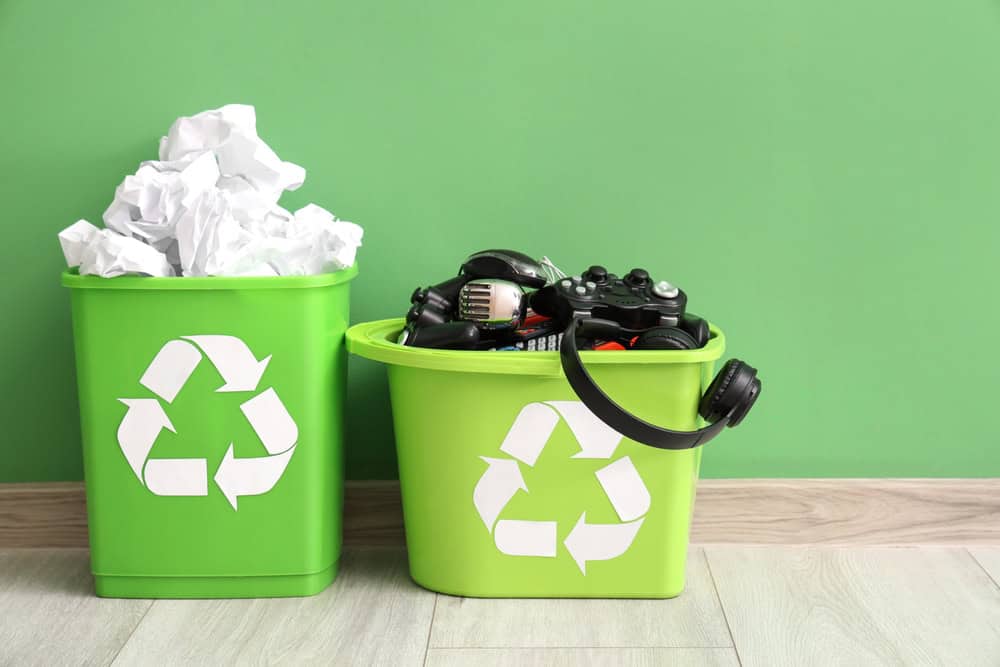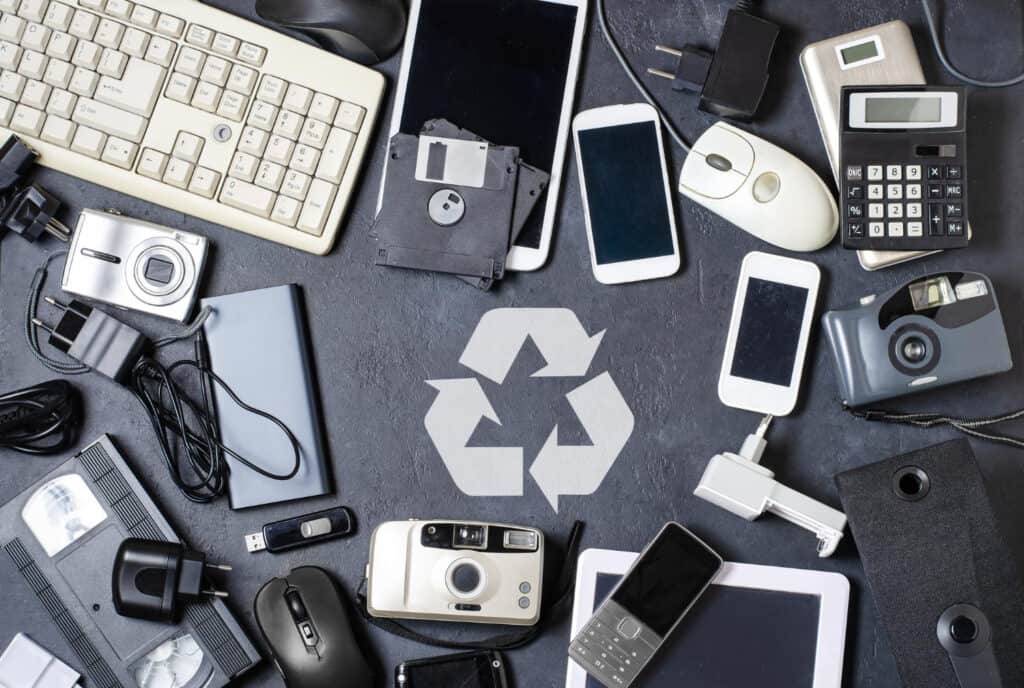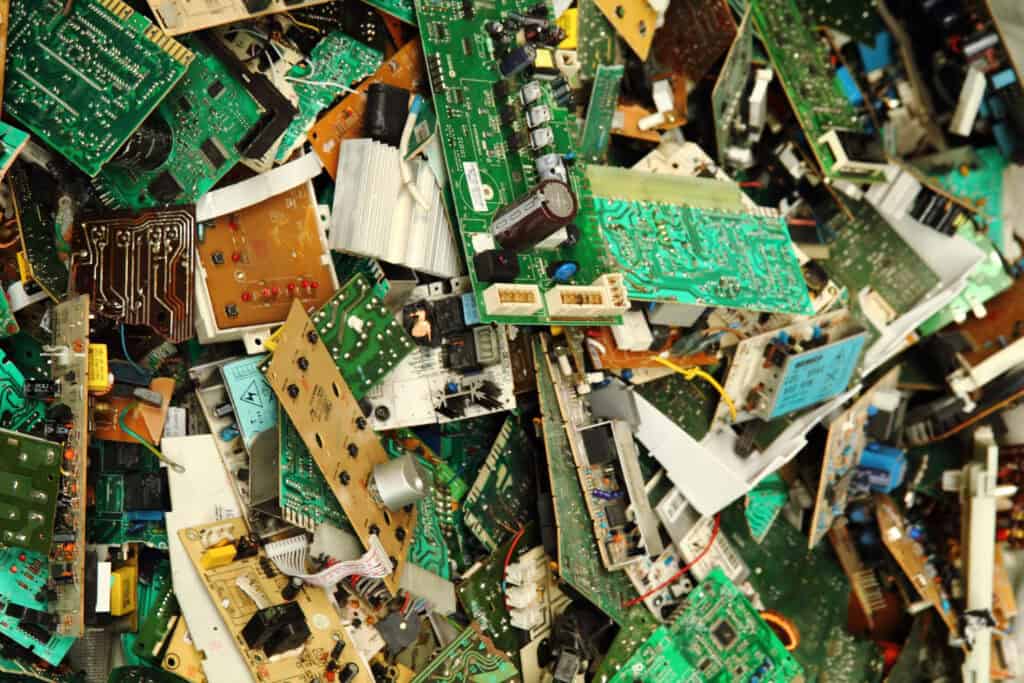Electronic waste, or e-waste, refers to any discarded electronic device such as computers, smartphones, and televisions. E-waste is a growing problem globally, and as technology advances, the amount of e-waste generated increases. E-waste recycling is one way to manage this problem, but there are many misconceptions surrounding the topic.
Today, we will discuss and clarify these seven e-waste recycling misconceptions. Read on to learn the truth about them today.
Misconception 1: E-Waste Recycling Is Not Necessary
Many people believe that e-waste recycling is not necessary because electronic devices can be thrown in the trash. However, this is not true. E-waste contains hazardous materials such as lead, mercury, and cadmium that can pose serious risks to the environment and human health if not disposed of properly.
These hazardous materials can leach into the soil and groundwater, contaminating our food and water sources. E-waste recycling is necessary to ensure that these hazardous materials are properly disposed of and do not harm the environment or human health.
Misconception 2: E-Waste Recycling Is Expensive
Another common misconception about e-waste recycling is that it is expensive. While e-waste recycling does have a cost, it is often less expensive than disposing of electronic devices in the trash.
Today, many e-waste recycling programs offer free or low-cost recycling options, and some companies even offer incentives for recycling electronic devices. Additionally, the cost of not recycling e-waste can be much higher in terms of environmental and health impacts.
Misconception 3: All E-Waste Recycling Programs Are Equal
Not all e-waste recycling programs are created equal. Some programs may claim to recycle e-waste but actually export it to developing countries where it is often disposed of in unsafe ways. As such, it is important to research e-waste recycling programs and ensure that they are reputable and follow proper recycling practices.
Misconception 4: E-Waste Recycling Is Only for Large Companies
Many people believe that e-waste recycling is only for large companies that generate a lot of electronic waste. However, e-waste recycling is important for individuals as well.
Small electronic devices such as smartphones and tablets contain hazardous materials and should be properly recycled. Many e-waste recycling programs offer options for individuals to recycle their electronic devices.
Misconception 5: E-Waste Can Only Be Recycled Once
Another common misconception is that e-waste can only be recycled once. The truth, however, is that electronic devices can be recycled multiple times, and the materials extracted from them can be used to create new products. Recycling electronic devices reduces the need for new materials to be mined, which helps to conserve natural resources.
Misconception 6: E-Waste Recycling Is a Waste of Time
Some people believe that e-waste recycling is a waste of time because it takes effort to recycle electronic devices. In truth, recycling electronic devices reduces the amount of hazardous materials that end up in landfills and reduces the need for new materials to be mined. Additionally, many e-waste recycling programs offer incentives for recycling electronic devices, which can help to offset the time and effort required.
Misconception 7: E-Waste Recycling Is Only for Environmentalists
Finally, some people believe that e-waste recycling is only for environmentalists. Electronic devices are actually a part of our daily lives, and properly recycling them helps to protect the environment and human health. Additionally, e-waste recycling can create jobs and stimulate the economy.
Conclusion
E-waste recycling is something that is often misunderstood. There are many misconceptions surrounding this topic, including the belief that it is not necessary, expensive, or only for large companies.
Now, we know that e-waste recycling is necessary to protect the environment and human health, and it can be done in a cost-effective way. It is also important to research e-waste recycling programs and ensure that they follow proper recycling practices. Beyond that, being able to recycle your own electronic devices is an effective way to reduce the amount of hazardous materials that end up in landfills and conserve natural resources.
Are you interested in electronics recycling in Atlanta? ReWorx Recycling is here to offer eco0-friendly services. Join us in preserving our planet today!

